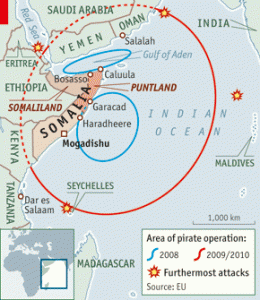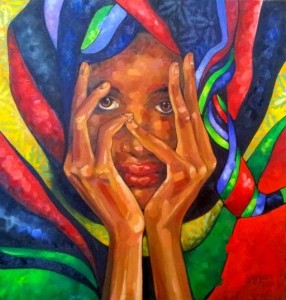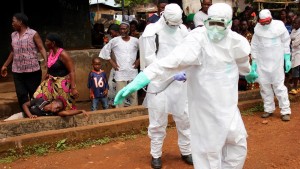By Dr Sofia Galani, Lecturer in Law (University of Bristol Law School).
 In October 2016, Somali piracy made headlines again, and the release of a group of seafarers who had been in captivity for nearly five years, reminded the international community of the adverse impact piracy has had on seafarers.
In October 2016, Somali piracy made headlines again, and the release of a group of seafarers who had been in captivity for nearly five years, reminded the international community of the adverse impact piracy has had on seafarers.
Piracy had always been a major maritime security threat, but the first two decades of the 21st century were marred by an unprecedented scale of pirate attacks off the coasts of Somalia. Between 2010 and 2014, almost 9,688 seafarers were attacked by Somali pirates and 2,060 seafarers were taken hostage. The estimated cost of ransom payments for the vessels and crews seized during the period 2005-2014 was between US$340 million and US$435 million. Somali pirate attacks have significantly dropped over the last two years, but Somali piracy has not come to end yet. In 2015, five hijackings were reported in the Western Indian Ocean where a number of seafarers remained in captivity. (more…)


